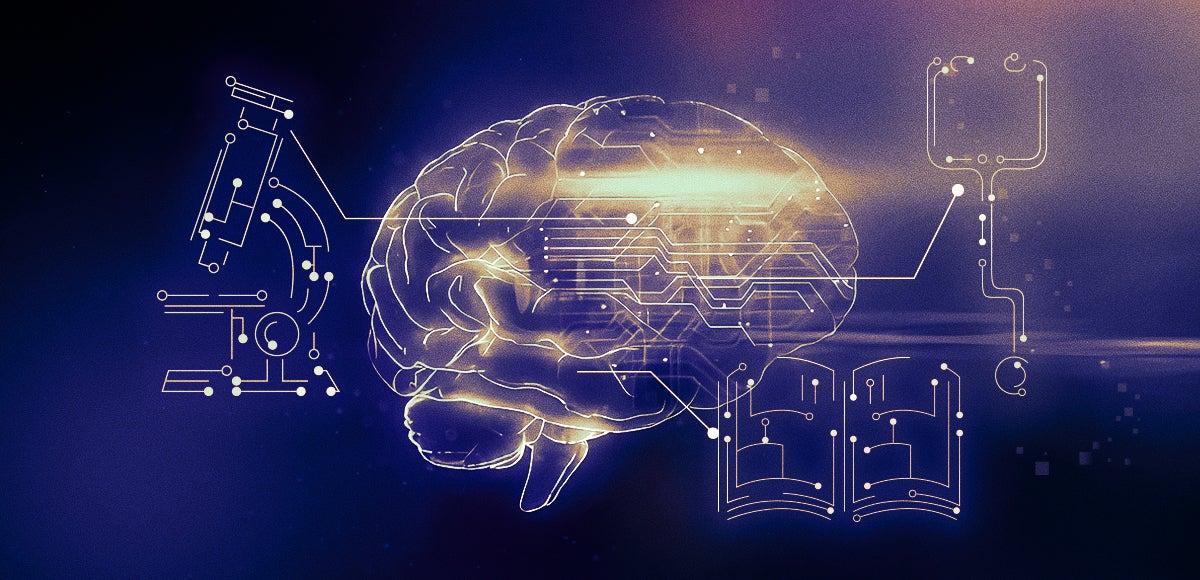AI and the Future of educational Research: Transforming Learning Insights with Innovation
As artificial intelligence advances at a rapid pace, its influence on educational research becomes more profound. From personalized learning too predictive analytics, AI is opening new frontiers in academic inquiry and teaching methods.In this article, we delve deep into the role of AI in revolutionizing educational research, discover its transformative benefits, showcase real-world applications, and provide practical strategies to harness its power for richer learning insights.
understanding AI in Educational Research
Artificial Intelligence (AI) refers to intelligent systems capable of analyzing data, recognizing patterns, making predictions, and automating complex processes.In educational research, AI tools are deployed to improve how we understand learning behaviors, optimize educational outcomes, and inform evidence-based policies.
- Machine Learning: Powers adaptive learning platforms and analyzes learner data for trend finding.
- NLP (Natural Language Processing): Enables automated grading, feedback analysis, and sentiment assessment of student work.
- Predictive Analytics: Helps forecast student success and identify at-risk learners for early intervention.
- Data Mining: Extracts actionable insights from vast educational datasets.
Thes technologies collectively empower educators and researchers to move beyond static assessments toward dynamic, data-driven insights.
Benefits of AI for Learning Insights
The fusion of AI and educational research yields numerous benefits for institutions,teachers,and students. Here’s how AI is advancing educational research:
- Real-Time Data Analysis: AI processes student data rapidly, providing immediate feedback and allowing for timely interventions.
- Personalized Learning Pathways: Adaptive AI systems customize lesson plans and resources to suit individual learner needs, boosting engagement and outcomes.
- Enhanced Academic Integrity: AI-driven plagiarism detectors and proctoring tools bolster exam security and student honesty.
- Accessibility: Tools like automated captioning and text-to-speech make learning materials more accessible to students with diverse needs.
- Improved Teacher Efficiency: AI automates administrative tasks, such as grading and attendance tracking, freeing educators for human-centric roles.
- Actionable Learning Analytics: Insights from big data help institutions optimize curriculum design and teaching strategies.
Key Trends Shaping the Future of AI in Educational Research
As AI matures,several emerging trends are reshaping the educational research landscape. Staying abreast of these trends is crucial for schools, researchers, and policymakers eager to innovate.
- Predictive Learning Analytics: Leveraging student past data to forecast future performance and suggest tailored interventions.
- Automated Assessment: Beyond test scoring, AI evaluates essays, group discussions, and creative projects, offering nuanced insights.
- Ethical AI in Education: Increased focus on openness, bias mitigation, and safeguarding student privacy.
- Immersive technologies Integration: AI-powered VR/AR experiences transform engagement and research possibilities.
- AI-driven Content Generation: Dynamic creation of quizzes, lessons, and even simulated research scenarios for student practice.
Case Studies: AI Transforming Educational Research
Case Study 1: Early Intervention at Georgia State University
Georgia State implemented an AI-powered predictive system that monitors student engagement and grades. By alerting advisors when students are at risk, they increased graduation rates and reduced achievement gaps between demographic groups—proving that AI can directly influence positive outcomes.
Case Study 2: Automated Writing Evaluation with Turnitin
Turnitin’s AI model not only detects plagiarism but now analyzes writing structure, use of evidence, and logic. Educational researchers use its analytics dashboard to spot common writing weaknesses across cohorts, informing targeted curriculum reforms.
Case study 3: Adaptive learning with DreamBox
dreambox, an intelligent math platform, gathers real-time data on student problem-solving and adapts exercises accordingly. Educational studies show improved math proficiency where adaptive learning solutions are deployed.
Practical Tips for Integrating AI in educational Research
To fully harness the benefits of AI in educational research, consider the following evidence-based strategies:
- Start with Clear Objectives: Identify specific research questions or learning outcomes you wish to improve with AI.
- Collaborate with Interdisciplinary teams: Bring together educators, data scientists, and ethicists to design robust, fair AI-driven research projects.
- Prioritize Data Privacy: choose AI vendors that comply with student data protection regulations (e.g., FERPA, GDPR).
- Emphasize Transparency and Bias Checks: Audit AI tools to ensure fairness and explainability, particularly in student assessments.
- Pilot AI Solutions First: Begin with small-scale deployments to measure impact, gather feedback, and iterate before full implementation.
- Upskill Educators: Provide professional advancement to help teachers and researchers understand and effectively use AI technology.
Challenges and Considerations
While AI holds exceptional promise, it also presents challenges that educational researchers and institutions must navigate:
- Data Bias: Algorithms trained on biased datasets may perpetuate unfair outcomes. Continuous monitoring is required.
- Infrastructure Demands: Implementing AI at scale demands notable IT investment and robust cybersecurity measures.
- Ethical dilemmas: Balancing innovation with privacy, transparency, and inclusion is ongoing work.
- Change Management: Prosperous AI adoption often requires shifting institutional culture and mindset.
Addressing these challenges head-on ensures that AI-driven educational research is trustworthy, impactful, and equitable.
First-Hand Perspectives: Voices from the Field
“AI hasn’t replaced the critical thinking and empathy that educators bring to research, but it has supercharged our capacity to ask questions we couldn’t before. By automating routine analysis, I now spend more time on meaningful interpretation.”
— Dr. Lila Martinez, educational Researcher & Professor
“The true magic of AI in educational research is in uncovering hidden patterns and giving students the individualized support they deserve. It’s a game-changer for designing equitable educational experiences.”
— James Lee, Instructional Designer
Conclusion: Embracing Innovation for Deeper Learning Insights
AI and the future of educational research are inextricably linked. As AI technologies become smarter and more accessible, educational institutions have unprecedented opportunities to transform learning, fuel innovation, and create personalized pathways for every student. By embracing these tools thoughtfully—accounting for ethics, privacy, and pedagogy—we can shape a future where learning insights are more accurate, inclusive, and actionable than ever before.
Whether you’re an educational researcher, policymaker, or classroom teacher, now is the time to explore how AI in educational research can elevate your impact and drive breakthrough discoveries in learning.

